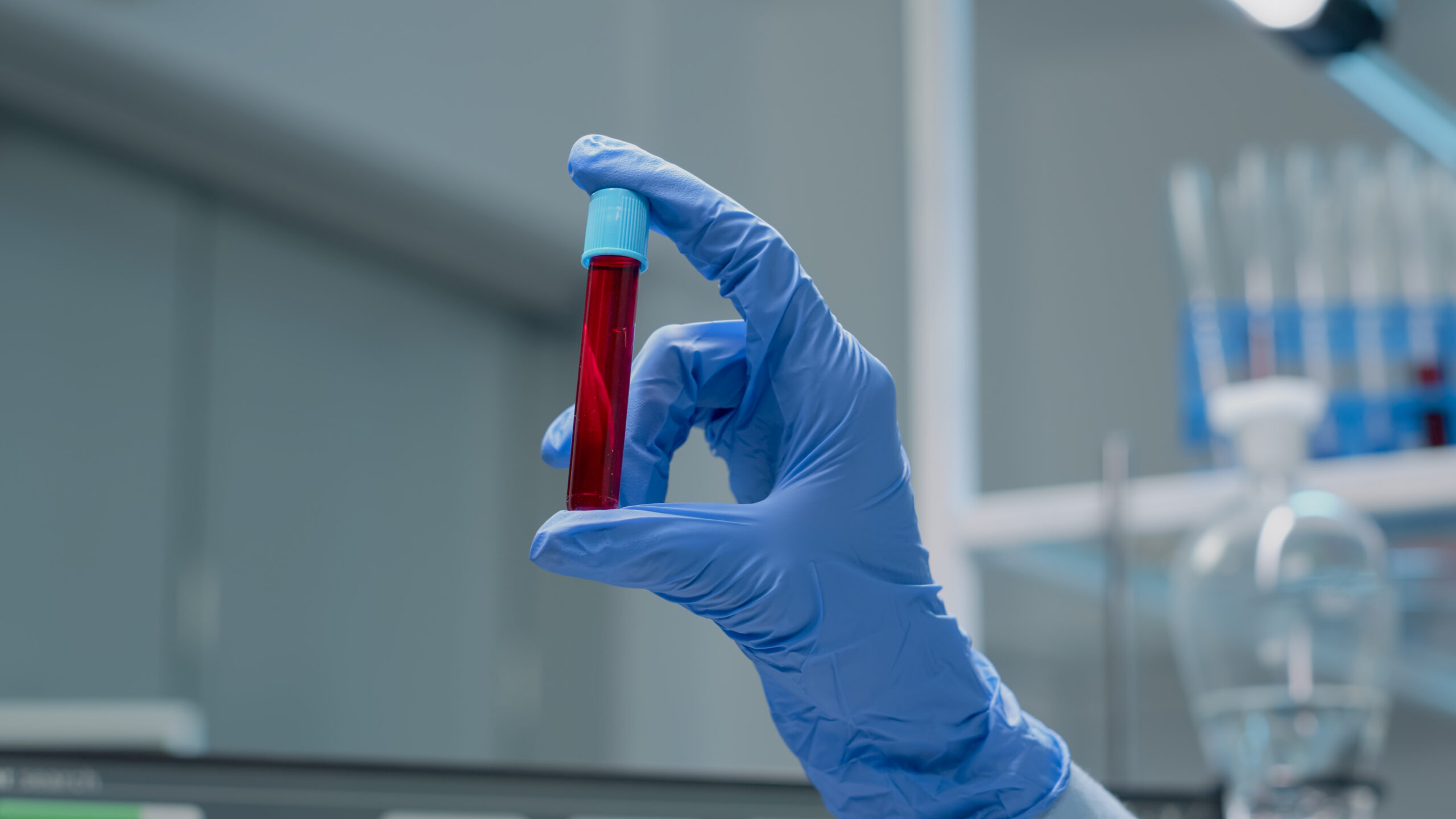Preventing Iron Deficiency: Discover Strategies for Optimal Health

Iron deficiency is a common nutritional disorder that can lead to a variety of health problems, including anemia. As iron plays a crucial role in the formation of hemoglobin, a protein in red blood cells responsible for transporting oxygen, insufficient iron levels can significantly affect overall health. Here, we discuss effective strategies to prevent iron deficiency, as well as its signs, symptoms, and treatment options.
Eating Iron-Rich Foods
To maintain adequate iron levels, it is essential to include a variety of iron-rich foods in your diet. Sources of heme iron, which is more easily absorbed by the body, include:
– *Meat:* Beef, poultry, and fish provide high levels of iron.
– *Legumes:* Beans, lentils, and chickpeas are excellent plant-based sources.
– *Eggs:* A versatile food that contributes to daily iron intake.
– *Dark Leafy Greens:* Spinach, kale, and other greens contain non-heme iron.
– *Nuts and Seeds:* Almonds, cashews, and pumpkin seeds also offer iron.
Enhancing Iron Absorption
To maximize iron absorption, it’s beneficial to consume citrus fruits like oranges or grapefruit, which are high in vitamin C. Vitamin C enhances the absorption of non-heme iron, making it an effective partner in iron-rich meals.
On the other hand, it’s advisable to avoid beverages like coffee and tea during meals, as they contain tannins and polyphenols that can inhibit iron absorption. Opting for these drinks between meals can help mitigate this challenge.
Signs and Symptoms of Iron Deficiency
Awareness of the signs and symptoms of iron deficiency is crucial for early intervention. Common symptoms may include:
– Fatigue and weakness
– Pale skin
– Shortness of breath
– Dizziness or lightheadedness
– Cold hands and feet
Effects of Iron Deficiency
Prolonged iron deficiency can lead to iron deficiency anemia, which can require medical treatment. The effects can include reduced immune function, impaired cognitive performance, and complications during pregnancy.
Challenges in Prevention
Despite the simplicity of dietary changes, challenges may arise in preventing iron deficiency. Factors such as dietary restrictions (e.g., vegetarianism or veganism), malabsorption syndromes, and increased iron demands during pregnancy can complicate iron intake.
Treatments for Iron Deficiency
If iron deficiency is diagnosed, treatment typically involves dietary changes and, in some cases, iron supplementation. Healthcare providers may recommend iron tablets or, if the deficiency is severe, intravenous iron therapy.
Conclusion
Preventing iron deficiency involves a proactive approach, focusing on diverse iron-rich foods, enhancing absorption with vitamin C, and avoiding inhibitors like coffee and tea during meals. By staying informed about the signs and symptoms of iron deficiency and consulting with healthcare professionals, individuals can take charge of their health and ensure optimal iron levels for overall well-being.
(Note: This article briefly overviews the subject and does not provide medical advice. If you suspect you may require more information about Iron deficiency, consult with a healthcare professional.)



